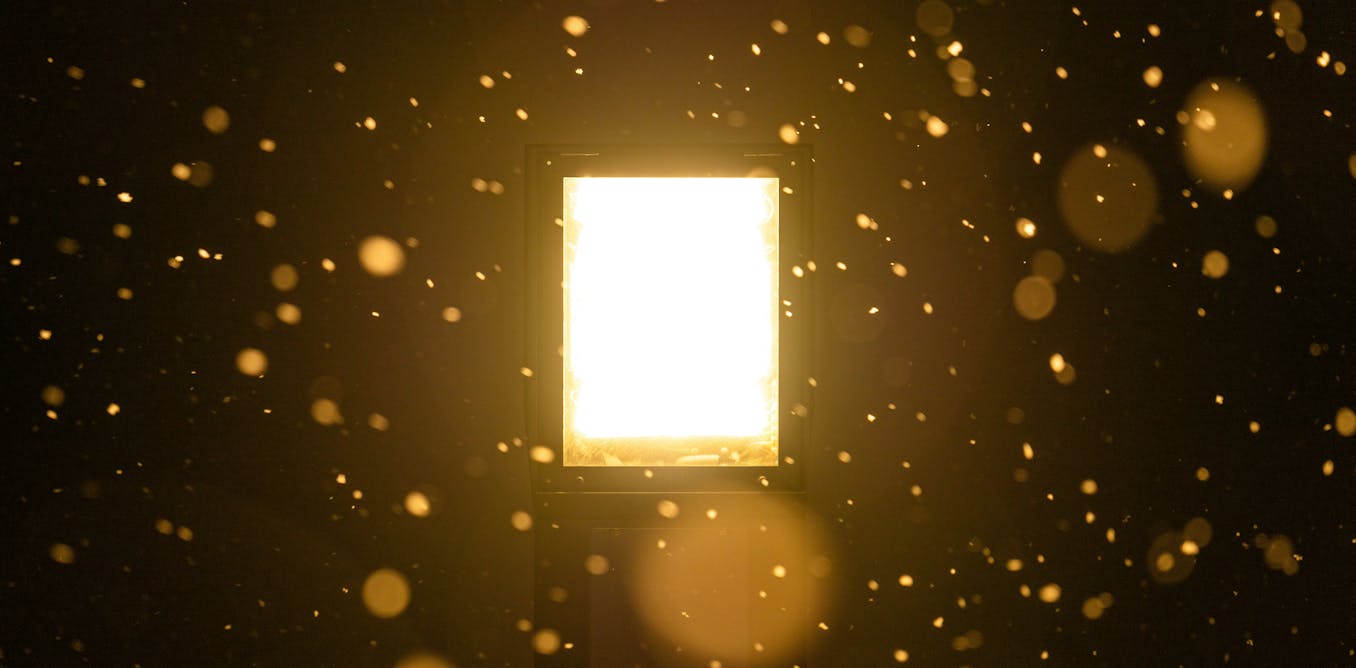Medieval alchemists dreamed of transmuting lead into gold. Today, we know that lead and gold are different elements, and no amount of chemistry can turn one into the other.
But our modern knowledge tells us the basic difference between an atom of lead and an atom of gold: the lead atom contains exactly three more protons. So can we create a gold atom by simply pulling three protons out of a lead atom?
As it turns out, we can. But it’s not easy.
While smashing lead atoms into each other at extremely high speeds in an effort to mimic the state of the universe just after the Big Bang, physicists working on the ALICE experiment at the Large Hadron Collider in Switzerland incidentally produced small amounts of gold. Extremely small amounts, in fact: a total of some 29 trillionths of a gram.
I can understand how such tech would be valuable for the electronics industry. I wonder if they’d be able to turn lead into copper? Or something else? It’s an interesting thought.
You’d theoretically be able to turn one lead atom into two copper atoms and an atom of Maganese based on proton counts
Once a lead nucleus has transformed by losing protons, it is no longer on the perfect orbit that keeps it circulating inside the vacuum beam pipe of the Large Hadron Collider. In a matter of microseconds it will collide with the walls.
This effect makes the beam less intense over time. So for scientists, the production of gold at the collider is in fact more of a nuisance than a blessing.
*sigh* “Send in the janitor to scrape the gold off the walls. Bloody gold is disturbing our equipment again!”.
This sounds like something Cave Johnson would say in Portal 2 lol
So do I need both hands to count all the gold atoms? ^




